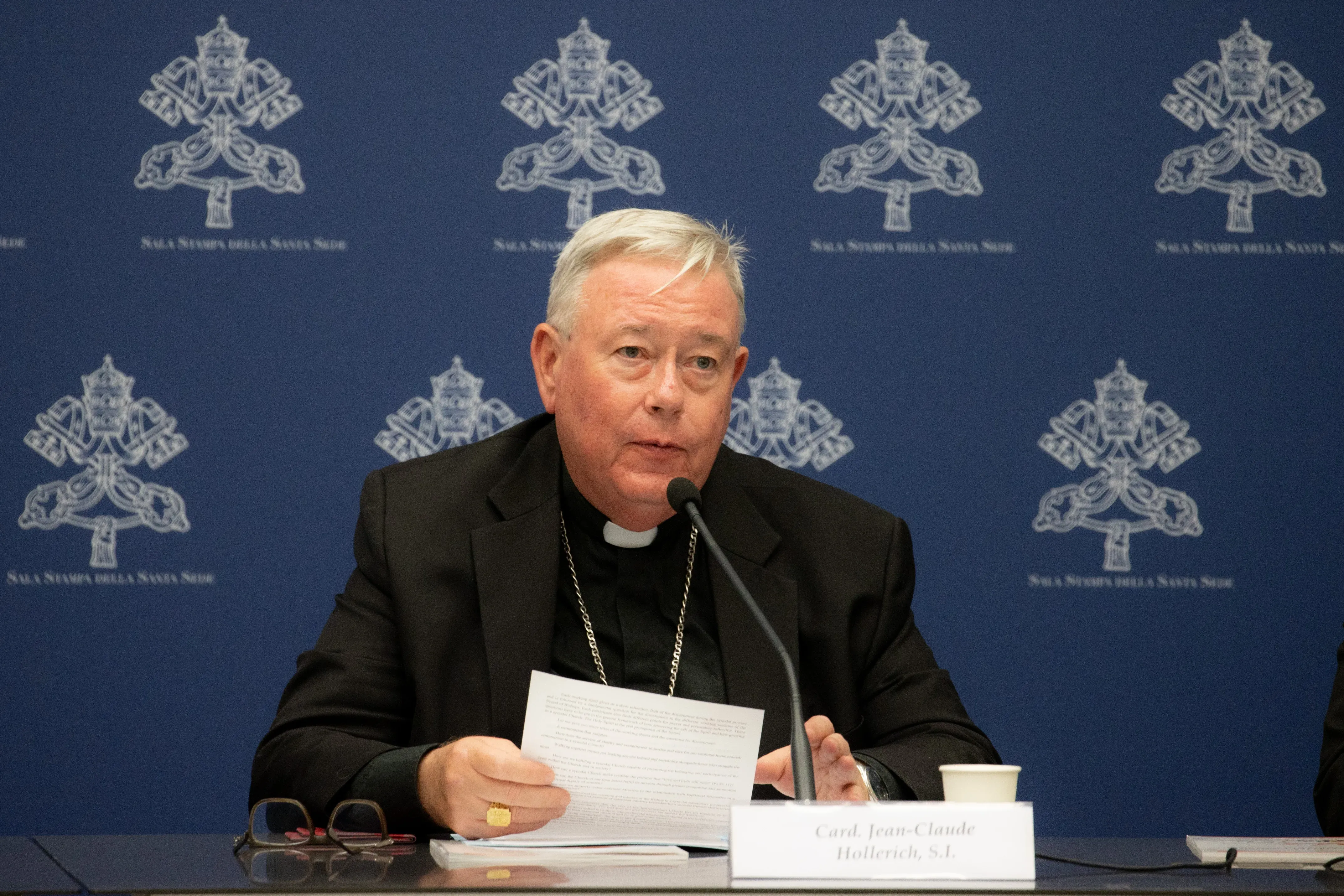Washington, D.C. Newsroom, 20 August, 2024 / 7:40 pm (ACI Africa).
Jean-Claude Cardinal Hollerich praised the boldness and the faithfulness of the Catholic Church in Africa after a pilgrimage the prelate took to the west African country of Benin last week.
“The Church in Africa is a Church that knows its own value and is not afraid to speak,” Hollerich, a leading organizer of the Vatican’s Synod on Synodality, told La Croix International, a French Catholic newspaper.
Hollerich, who serves as the relator general of the synod, participated in the annual Marian pilgrimage to the Notre-Dame d’Arigbo cave in Dassa-Zoumè.
The prelate told La Croix that the Church in Africa is one that is “alive and full of faith” and that he came to “learn,” adding: “I am looking at this Church as a pastor from a European Church to see how we can move forward in the future.” He noted the “joy” seen in the celebrations in Africa, which he contrasted with European celebrations that he said “are sometimes very dull.”
“People do not always participate with their hearts,” the cardinal, who has served as archbishop of Luxembourg since 2011, explained. “It becomes merely a ceremony — a rite. However, here in Africa, what is done is magnificent. Even the pilgrimage I am attending shows this participation and deep faith in Africa. In Europe, we speak more of tradition than of faith. But tradition is only understood when there is faith to interpret it. So, it is beautiful to see the faith as it is lived in Africa.”








